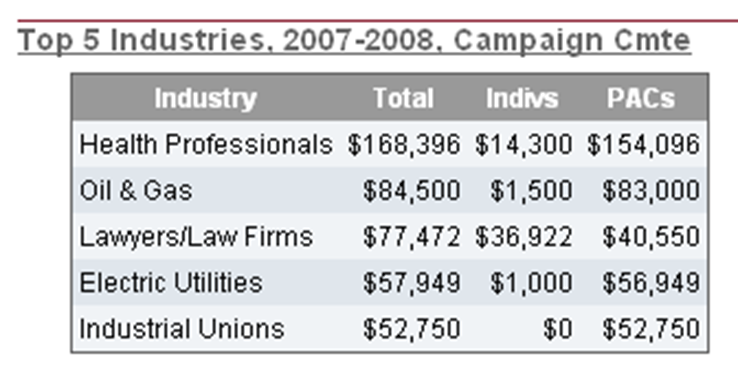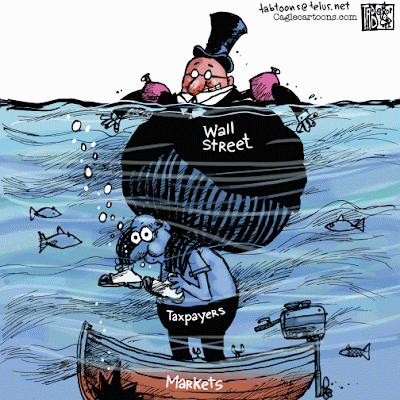 Today, the US House Administration Committee voted the Fair Elections Now Act out of committee. San Antonio Representative Charlie Gonzalez cast a decisive vote in favor of the bill, putting a bill that would give optional public financing to all Congressional candidates for further than it has ever gone before.
Today, the US House Administration Committee voted the Fair Elections Now Act out of committee. San Antonio Representative Charlie Gonzalez cast a decisive vote in favor of the bill, putting a bill that would give optional public financing to all Congressional candidates for further than it has ever gone before.
Tell Charlie Gonzalez how you feel– thank him for his vote and leadership by calling his office at (202) 225-3236 (DC) or (210) 472-6195 (San Antonio).
Unfortunately, in the Senate, Republicans continued to filibuster the DISCLOSE Act. They did this a few months ago, too. At the time Public Citizen’s Craig Holman had this to say about it, and we think it’s still apt.
[youtube=http://www.youtube.com/watch?v=MsCSjRslmm4]
Texas Senators Cornyn and Hutchison voted in favor of corporate special interests who want to hide how they’re pulling the strings in Washington, and I think you should tell them so.
And because no punchbowl for Fair Elections would be complete without some corporate tool laying a dookie in it, enter Texas Rep. Joe Barton, who you may remember apologized to BP, feeling the oil-spilling giant had been mistreated by Congress. Well, he’s still apologizing to corporations, now saying that his committee should hold hearings on Fair Elections Now, which he’s already made up his mind on (hint: he ain’t fer it.) This is nothing more than a massive delay tactic, just like the time he made a rule that all amendments to Waxman-Markey be read aloud in committee, so the committee hired a speed-reader.
In any case, we still have a lot to be happy about. There is some possibility we could get a full vote on Fair Elections Now before the end of the year in the House– if your member of Congress hasn’t publicly stated they will support it, they need to hear from you! And if they have stated their support, call them anyway and thank them for standing up to special interests.
By the by, I’ll be at the National Coffee Party Convention in Louisville the next few days, where I’ll be presenting on a couple of panels about these very issues. If you want to participate virtually, you can! From Coffee Party’s email:
The big news today is that we are LIVE STREAMING the convention from Louisville starting at 8:30 AM ET tomorrow (Friday). Convention participants, both in person and via webcast can interact via Twitter (#CoffeeParty), Facebook, on our convention website, main website and on our newly created Ustream channel.
CLICK HERE for today’s press release about added speaker John Avlon, and HERE for Monday’s release about Lt. Dan Choi and Fair Elections Now.
We are especially excited about livestreaming the Mock Constitutional Convention on Saturday from 10:30am-4:30pm co-chaired by Lawrence Lessig and Mark McKinnon.
To read about the speakers, CLICK HERE. To review the schedule of events, CLICK HERE. To read about the break-out sessions, CLICK HERE.
You can still REGISTER online. You can also register in person at the registration desk when you arrive at the Galt House.
We are currently raising funds for the following purposes: $5,000 for Audio/Visual expenses, including production and live-streaming costs that are allowing us to document as many workshops and panel discussions as we can, which will become on-line educational tools available to the public.
It would be tremendously helpful if you could donate for this. $5, $10, $20, any amount would help.
The convention and the web cast will wrap up Sunday night with a viewing party of MTV Networks’ television world premiere of “9500 Liberty.” This is the film that Eric Byler and I co-directed that documents how the extremists dominated the debate over immigration in Prince William County, VA in 2007 & 2008 and how the silent majority organized and restored balance to the government. On Sunday, the film will be broadcast to 100 milion homes across America.
This video explains how the lessons of 9500 Liberty inspired the creation of the Coffee Party. http://www.youtube.com/watch?v=H8sQUYarTig
See you in Louisville, or, we’ll see you online! And, thank you so much for being part of the Coffee Party community.
Good night, good luck, and see you around the coffee pot.
###
By promoting cleaner energy, cleaner government, and cleaner air for all Texans, we hope to provide for a healthy place to live and prosper. We are Public Citizen Texas.

 What’s the difference between the Pete Sessions / Allen Stanford scandal and Pretty Woman?
What’s the difference between the Pete Sessions / Allen Stanford scandal and Pretty Woman?







